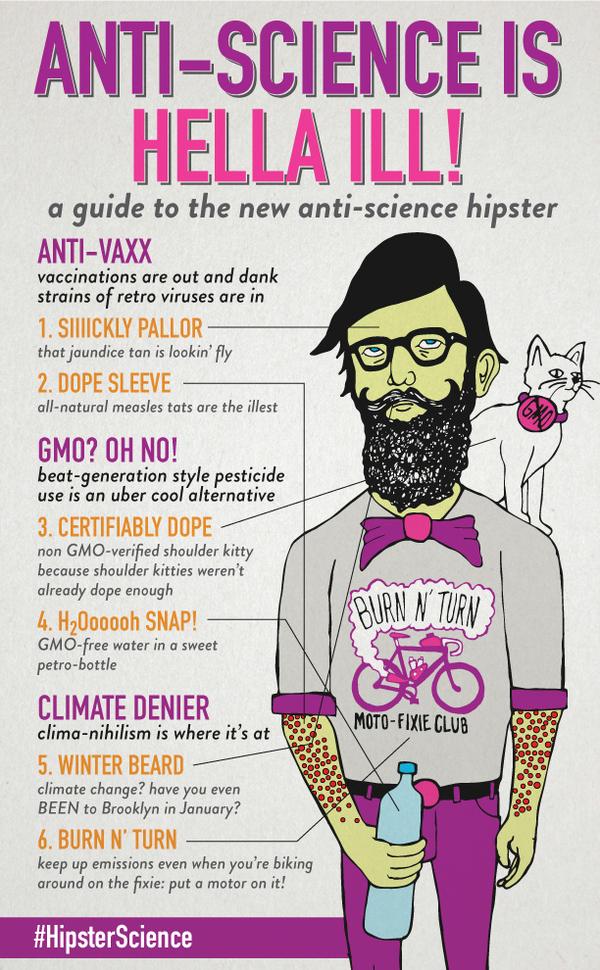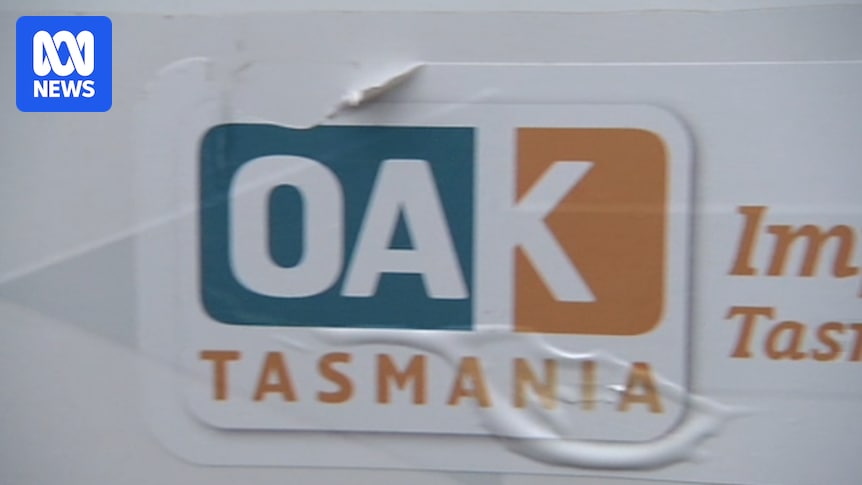
In an era where information is readily accessible, the spread of misinformation has become a significant concern, particularly in the field of healthcare. Recent studies highlight that 93% of patients encounter misinformation or disinformation about cancer treatments. This alarming statistic underscores the urgent need for medical professionals to proactively address and debunk cancer myths.
The proliferation of misleading information is not a new phenomenon. For decades, activists and certain groups have manipulated data and exploited Freedom of Information Act rules to propagate false narratives. These narratives often suggest that scientific findings are part of a corporate conspiracy, a notion that has been perpetuated by politically aligned institutions.
The Role of Disinformation in Public Perception
Disinformation campaigns have targeted various health topics, from the alleged carcinogenic effects of common weedkillers to the baseless claims linking vaccines to autism. Such misinformation is often fueled by trial lawyers seeking financial gain through litigation. This environment of distrust has led to widespread skepticism, with patients frequently exposed to myths, misconceptions, and unproven treatments.
According to experts, the dissemination of false information is exacerbated by prominent media outlets, making it imperative for doctors to assume that their patients have been influenced by these narratives. The challenge lies in effectively guiding patients towards credible, evidence-based information.
Proposed Solutions: An “Information Prescription”
In response to the rampant spread of misinformation, a new paper suggests that doctors should adopt an “information prescription” approach. This strategy involves directing patients to reliable sources of information, although even these sources are not immune to political influence.
The American Cancer Society, for instance, has been criticized for shifting its stance from established science to controversial claims. Similarly, the American Academy of Pediatrics has faced backlash for promoting guidelines that lack scientific backing.
“The American Cancer Society pivoted from settled science that cigarette smoking causes cancer to nonsense like that nicotine does.”
The Impact of Social Media and Governmental Influence
Social media platforms have become a double-edged sword in the battle against misinformation. While they offer a diverse range of perspectives, their algorithms can inadvertently reinforce false beliefs by inundating users with content aligned with their search history.
Government agencies have also been scrutinized for their handling of scientific information. Criticism has been directed at organizations like the FDA and CDC for allegedly prioritizing agendas over science. This issue has persisted across different administrations, highlighting a systemic problem rather than a partisan one.
Encouraging Patient Engagement and Education
Despite the challenges, there is a silver lining. The accessibility of information has empowered patients to educate themselves. However, this self-education must be balanced with professional guidance to prevent reliance on unproven treatments that could endanger lives.
Doctors are encouraged to foster open communication with their patients, ensuring that they feel comfortable discussing alternative treatments and addressing any misconceptions. This dialogue is crucial in dispelling myths and reinforcing the importance of evidence-based medicine.
Ultimately, the fight against cancer myths requires a concerted effort from both healthcare professionals and patients. By promoting accurate information and encouraging critical thinking, the medical community can help mitigate the impact of disinformation and improve patient outcomes.






